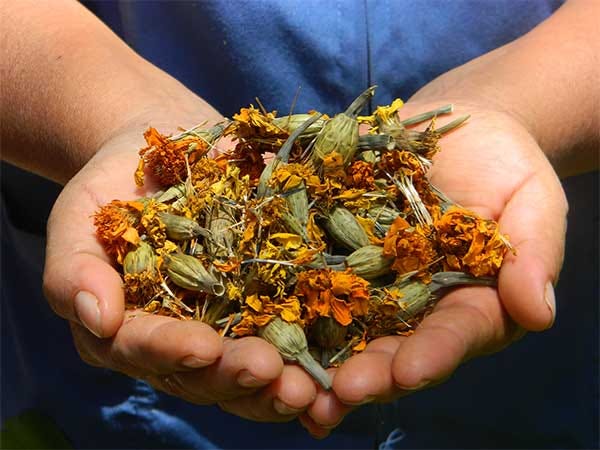Medicines That Speak: Interfacing Knowledge in the Peruvian Amazon
Delivering care through ethnobotany and intercultural therapeutics, the experience of Dr. Jacques Mabit, founder of the Centro Takiwasi in Tarapoto, Peru
Topic: Ethnobotany, therapeutic legitimacy, and the politics of knowledge in Amazonian medicine. Reading time: 7 minutes
As part of our series on plural approaches to care, we will host a recorded public conversation with Dr. Jacques Mabit, founder of the Centro Takiwasi in Tarapoto, Peru. The session will examine the history of the center, its location at the intersection of clinical psycotherapy and Amazonian ritual medicine, and the epistemological tensions that shape this convergence. A Q&A session with attendees will follow his presentation.
Day and time: Wednesday 7 de mayo a las 11 am (Peruvian time)
18 pm (Spanish time)
Link: https://tinyurl.com/takiwasi-jacques
Established in 1992 in the San Martín region of the Peruvian Upper Amazon, Takiwasi, meaning The House that Sings in Quechua, is more than a treatment facility. It constitutes a space of traditional healing and clinical experimentation, where ayahuasca, plantas maestras, and spiritual frameworks engage with formal therapeutic structures. Legally recognized as a therapeutic community by the Peruvian Ministry of Health, the center also maintains a deep commitment to the region’s rich ethnobotanical heritage.
Takiwasi provides residential addiction treatment, individual retreat programs based on plant diets (dietas), and a therapeutic approach that integrates ritual ingestion, symbolic purification, controlled isolation, and psychotherapeutic accompaniment. The model operates within a deliberately constructed interface between Amazonian cosmology and Western psychological discourse, supported by a multidisciplinary team including physicians, psychologists, and traditional healers.
At the heart of Takiwasi’s practice are so-called plant teachers: botanical beings understood as intelligent, communicative, and diagnostically active. This ontology represents a radical departure from biomedical reductionism. The healing process, particularly within the dieta, involves periods of isolation, fasting, sensory restriction, and symbolic engagement intended to foster interaction with these entities.
Takiwasi’s model is not merely integrative. It proposes a redefinition of therapeutic legitimacy, one that allows plants to speak, and compels scientific rationality to listen. The implications for mental health care, research ethics, and cultural sovereignty are considerable. The event will be conducted in Spanish, recorded, and shared only after review and approval by the participants. A subtitled version will be made available to ensure broader accessibility. A Q&A session with attendees will follow the main dialogue.
Further information on Dr. Jacques Mabit and the work of the Takiwasi Center is available on their official website, https://takiwasi.com, and Dr. Mabit’s book New Applications of Amazonian Indigenous Practices for Drug Addiction Treatment and Mental Health presents key aspects of the center’s therapeutic model, including reflections on ayahuasca use and the integration of traditional medicinal knowledge. Peer-reviewed scientific articles based on Takiwasi’s work can also be found through their online publication archive and in internationally indexed journals.





